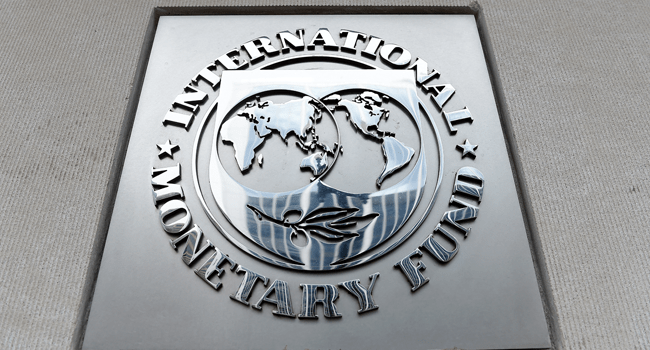A recent analysis by the International Monetary Fund has shown that financial institutions are battling climate-related shocks and that the consequences are harmful to the stability of financial systems.
According to the report titled “how economies and financial systems can better gauge climate risks,” banks, insurers and other players in the financial sector need instruments to manage climate risks in their operations and balance sheets in order to make informed decisions about their future business.
It also stated that financial institutions must consider the costs of additional carbon levies or new regulations that would demand the phase-out of fossil fuels before environmentally friendly alternatives were available when assessing the risks of the transition to a low-carbon economy.
Read also: Nigeria faces 34% GDP loss due to climate change
“At the same time, as financial supervisors monitor the resilience of the system, they need tools to adequately assess and supervise these risks,” the report added.
According to the IMF, financial sector authorities should start assessing climate risks with the correct tools as a critical input to determining how to manage them with the appropriate policies.
The report read in part, “This is where the IMF comes in. The Fund’s Financial Sector Assessment Programme already regularly examines the resilience of banks and other institutions, including stress tests to better gauge systemic risks. These procedures are being retooled to incorporate climate risk analysis to better gauge financial stability risks from climate change.
“Risk analysis typically entails the development of scenario-based stress tests for assessing bank solvency. The process incorporates adverse macroeconomic scenarios specifically designed for the tests including elements like an economic contraction, rising unemployment, exchange-rate shocks, and falling asset prices.”
Story was adapted from Punch.
